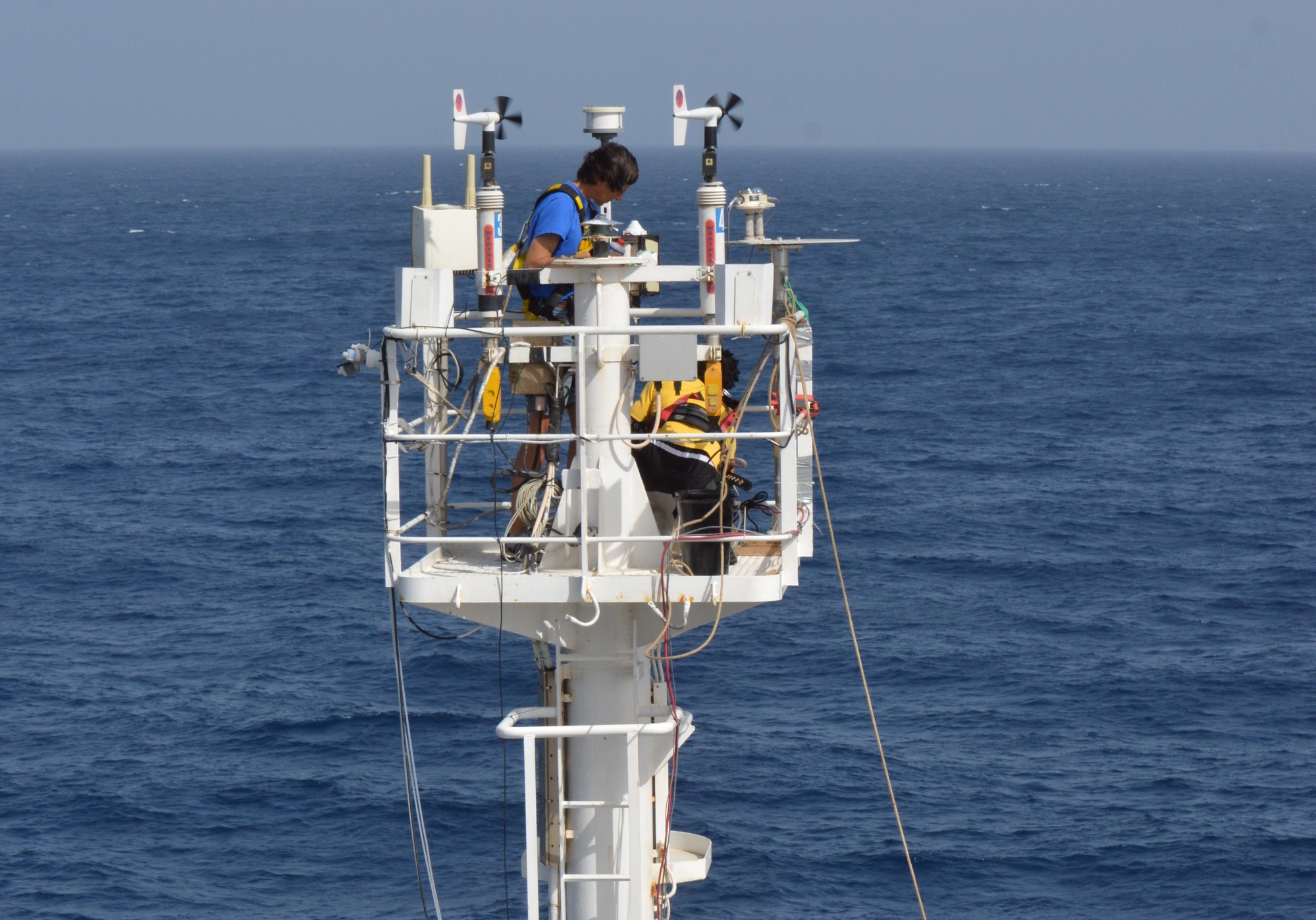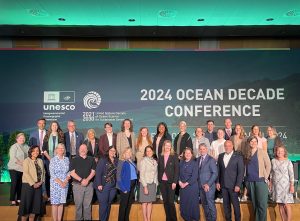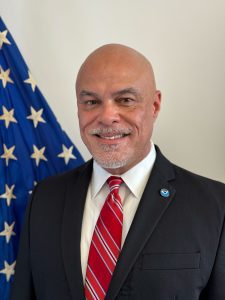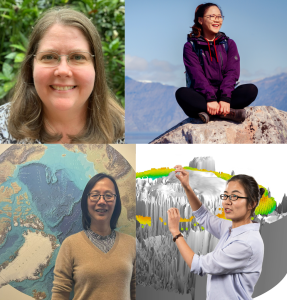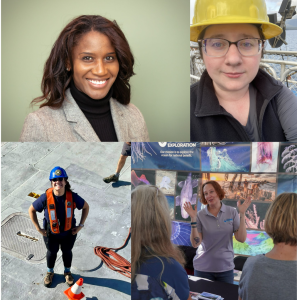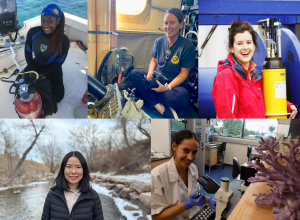Claudia Schmid is a research oceanographer at NOAA’s Atlantic Oceanographic and Meteorological Lab. She spends a large part of her time as manager of a data center, primarily studying the variability of ocean circulation. Getting a better understanding of such variability is important for ecosystems, weather and climate research and forecasting.
What projects or research are you working on now?
I currently spend most of my time managing the US Argo Data Assembly Center as one of the principal investigators of the US Argo project. The goal of this project is to monitor the conditions in the ocean using profiling floats, which measure pressure, temperature and salinity in the upper 2,000 meters of the ocean. Some floats can go to the ocean bottom (6,000 meters limit), while other floats can also measure biogeochemical properties (for example chlorophyll-A, nitrate, oxygen). The data are distributed 24/7 to the scientific community and operational centers. They are also available to the general public. Currently, seven team members help me with software developments and all other work needed to have a functioning data center.
A different type of float is used to monitor ocean conditions in front of hurricanes. We operate a separate data center to process and distribute their data.
In my spare time, I collaborate with scientists on the Atlantic Meridional Overturning Circulation, with a focus on estimating its transports at various latitudes. The goal is to detect climate relevant changes.
I also collaborate with scientists in a study on the influence of tropical cyclones on the ocean conditions in their wake.

What do you enjoy most about your work?
The nice thing about my work is that I am managing a wonderful team that is working for the US Argo Data Assembly Center and that the big international Argo project continues evolving both with respect to the float and sensor technology, as well as with respect to standardized best practices for data processing. And it is nice that Argo data are used for many different purposes by scientists working on – for example – weather, climate or ecosystem research and forecasting.
What challenges have you faced as a woman in your career/field, or in general, and how have you overcome them?
Seems like it is best to tell a little story for this one. I was on a research cruise with pretty rough weather. We even had to stop doing CTD (Conductivity Temperature Depth) casts for one day. During that day we continued observing by launching XBTs (eXpandable BathyThermographs). To do that, one had to walk to the launcher at the stern of the ship while hooked up to a safety cable. Someone told me “you can’t do that as a woman.” My response was “the wave does not care if it sweeps a woman or a man off the feet.” Then I hooked up and launched that XBT.
Basically, my thinking is – do not accept no as an answer and try to come up with a response that takes the wind out of the sail of the person trying to stop you.
Do you have a favorite moment or accomplishment in your career?
My favorite moments were going to sea to see first-hand how observations are collected. It provides a thorough understanding of the challenges one has to overcome to collect high-quality data. It also teaches one to accomplish the best possible outcome with the available resources. Those experiences continue to be useful in my current role as manager of the US Argo Data Center.
Looking back, what would you tell yourself when you were 12 years old? Or what advice would you give to a woman just starting out in her career?
I’m not sure that what you dream about as a 12-year old is extremely important. Having said that, at that age your interests and talents are already quite obvious. I recommend taking personal talents and interests into account when choosing a career (probably more important than most other criteria). And I think it is not worthwhile to listen to information like “we have a shortage of people with skill X, so it’s best to learn that.” By the time one learns skill X, most likely there will be a lot of folks with that skill and too few folks with skill Y.
